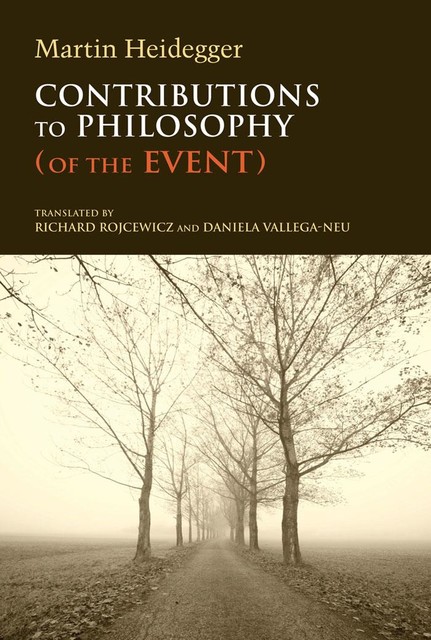
en
Lees in onze apps:
iOS
·Android
Contributions to Philosophy (Of the Event)
Dit boek is momenteel niet beschikbaar
633 afgedrukte pagina’s
- Oorspronkelijke uitgave
- 2012
- Jaar van uitgave
- 2012
- Uitgeverij
- Indiana University Press
Citaten
- Liamciteerde uitvorig jaarBeyng needs humans in order to occur essentially, and humans belong to beyng so that they might fulfill their ultimate destiny as Da-sein.
- Liamciteerde uitvorig jaarThis remaining absent is all the more uncanny the longer churches and forms of divine service survive (and seem permanent) and yet are unable to ground an original truth.
- Liamciteerde uitvorig jaarThat title came from clear knowledge of the task: no longer beings and beingness, but being; no longer “thinking,” but “time”; the priority no longer given to thinking, but to beyng. “Time” as a name for the “truth” of being; and all this as task, as “still on the way,” not as “doctrine” and dogma.
fb2epub
Sleep je bestanden hiernaartoe
(maximaal 5 per keer)

